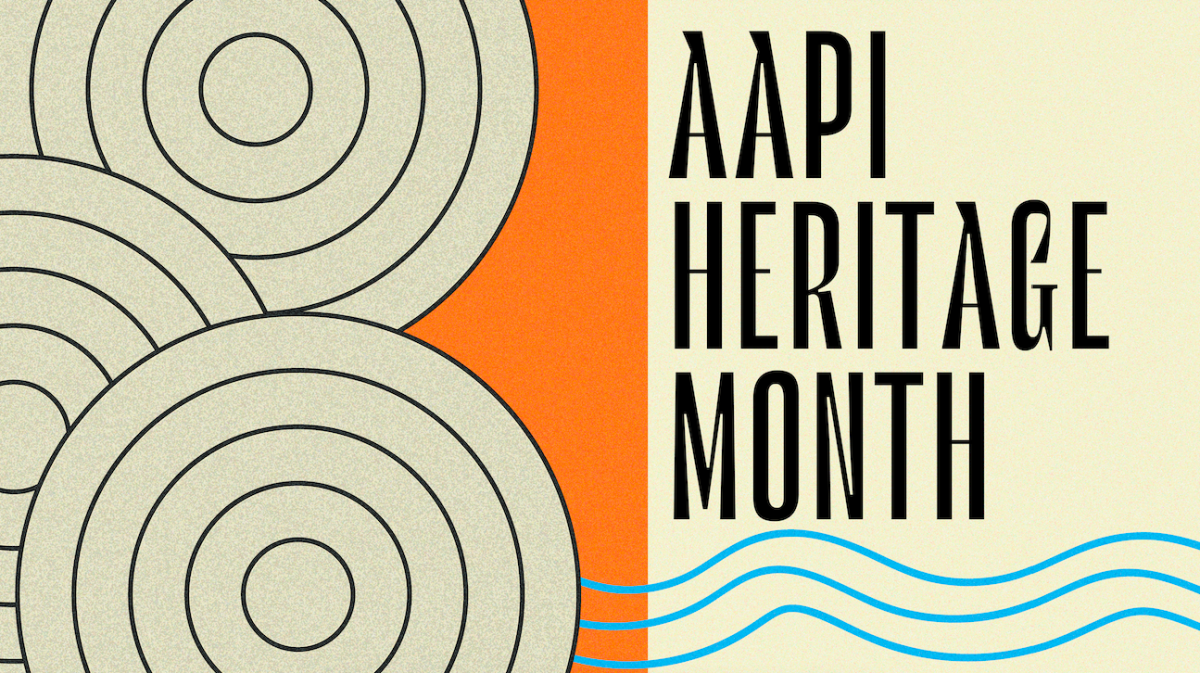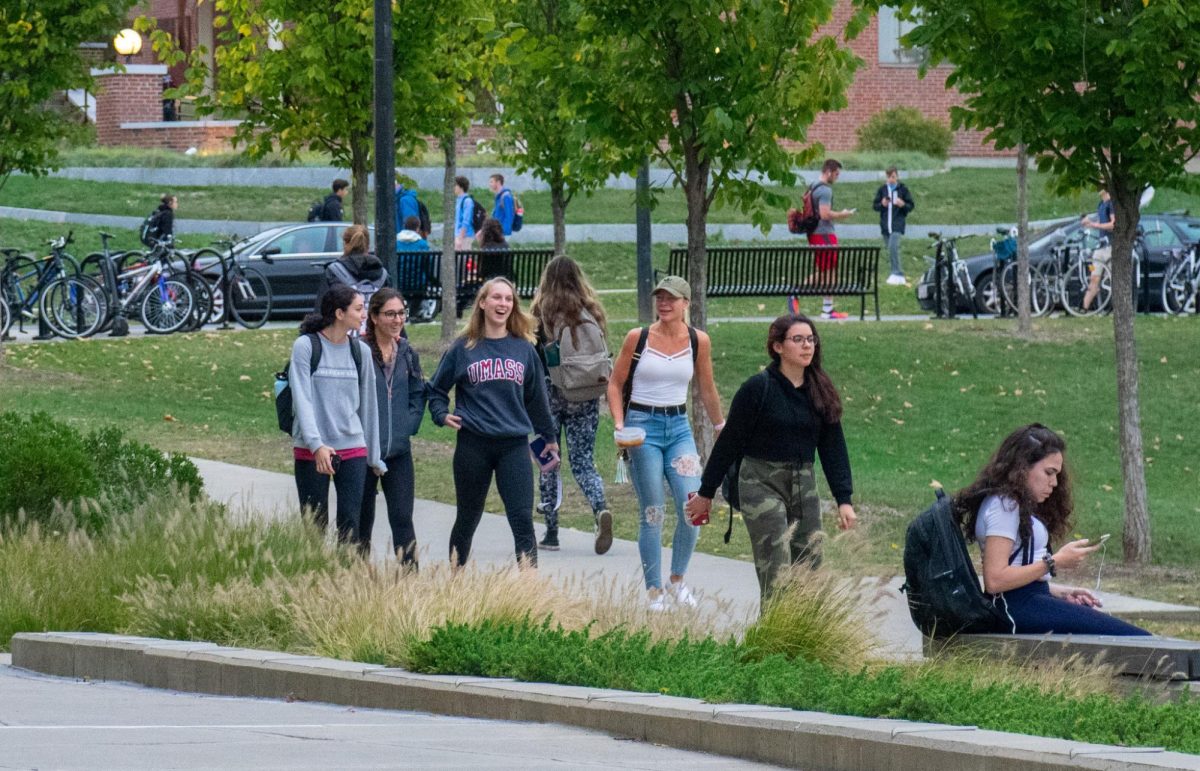
It can be hard to live a completely eco-friendly life, but we no longer have the option to ignore it. Climate change is bigger than all of us, but that does not mean we can’t all make a difference individually. Here are ten ways to help the environment that will not change your life.
- Stop using a Keurig, and switch to a French press.Not only are Keurigs far more expensive than other methods of brewing coffee (i.e. drip coffee or a French press), they present a huge environmental problem. Although efforts have been made to reduce their impact on the planet by making the plastic recyclable, K-Cup manufacturers are still producing billions of non-compostable, single serving pieces of plastic every year. A French press, on the other hand, uses bigger, bulk bags of coffee grounds that come in less packaging and will save you money.
- Buy bars of soap instead of bottles.Not only do people use six times more liquid soap than bar soap on average per use, liquid soap takes considerably more energy to manufacture, and leaves a bigger carbon footprint than its counterpart. Although bar soap has a bigger land impact, meaning it comes from farmed crops, bottles of liquid soap are higher in ecotoxicity and create much more non-biodegradable waste from the plastic they are sold in.
- Stop leaving the water running while you brush your teeth.This is such a senseless and wasteful habit that should be one of the easiest things to cut out of your life. Leaving the sink on while brushing your teeth wastes about five gallons of clean drinking water each time, and about 200 gallons a month.
- Buy a reusable water bottle instead of buying plastic water bottles.Plastic water bottles are one of the worst habits facing the environment, but also one of the easiest to fix. Although it is relatively cheap to produce and requires less energy to produce than other materials, such as metal and glass, it is extremely harmful to our bodies and the environment. Plastic is made of petroleum, which is not renewable or decomposable, and releases greenhouse gases when produced. While it is recyclable, only about 14 percent of plastic water bottles consumed actually get recycled.
- Use reusable plates and silverware instead of disposable or even biodegradable.Even biodegradable products that are made from plants pose a threat to the environment. While they are better than conventional plastic because they are compostable and do not require as much energy to produce, they are not recyclable and are harmful if they end up in a landfill. Biodegradable plastic looks like regular plastic, and can contaminate recyclable products if it ends up in the recycling. Also, if they decompose in a landfill, they produce methane, which is a harmful greenhouse gas. It is better to just avoid disposable products all together.
- Buy a dishtowel to wash and reuse instead of drying your hands and dishes with paper towels.Paper towels are great for cleaning up spills that would ruin or stain cloth hand towels. However, when it comes to washing hands and drying dishes, dishtowels are less wasteful and cheaper. They do need to be washed, but if you are washing laundry anyway, they do not take any more energy to clean than you are already using.
- Turn the heat down when you go to sleep and when you leave the house.The amount of energy it takes to turn the heat back on is not as much as leaving it on while you are asleep or out of the house. A programmable thermostat is the greenest option; however most students are limited in changing the way they heat where they live. For this reason, turning the heat down when you do not need it is the best choice for the environment.
- Choose digital receipts over paper.Why not get a digital receipt? They are harder to lose and better for the environment. The U.S. consumes around 9.6 million trees every year for printing receipts. Switching to electronic receipts and bank statements is easy, more eco-friendly and will add less clutter to your life.
- Get reusable shopping bags.It can be hard to remember to bring your bags into stores when you go shopping, but it is a lot more eco-friendly to reuse the same bag. Plastic bags are the worst for the environment; America consumes around 100 billion plastic bags every year, and only recycles around 1-3 percent. Paper bags are thought to be better, however they use a lot of resources to produce.
- Stop using plastic applicator tampons.This is a topic that no one wants to talk about, however, half of the population deals with tampons and other sanitary products once a month. Over 45 billion feminine products are disposed of every year, and each woman throws away around 300 pounds of products in her lifetime. Plastic tampon applicators cannot be recycled, and do not decompose. They end up in landfills, oceans, and strewn across beaches, which affects marine life, and is just disgusting to look at. Tampons with cardboard applicators still generate waste, however, they are at least biodegradable compared to plastic. Although it might be a more difficult switch, reusable or applicator-free tampons are the best option for the environment.
Anna Arscott is a Collegian contributor and can be reached at [email protected].


















